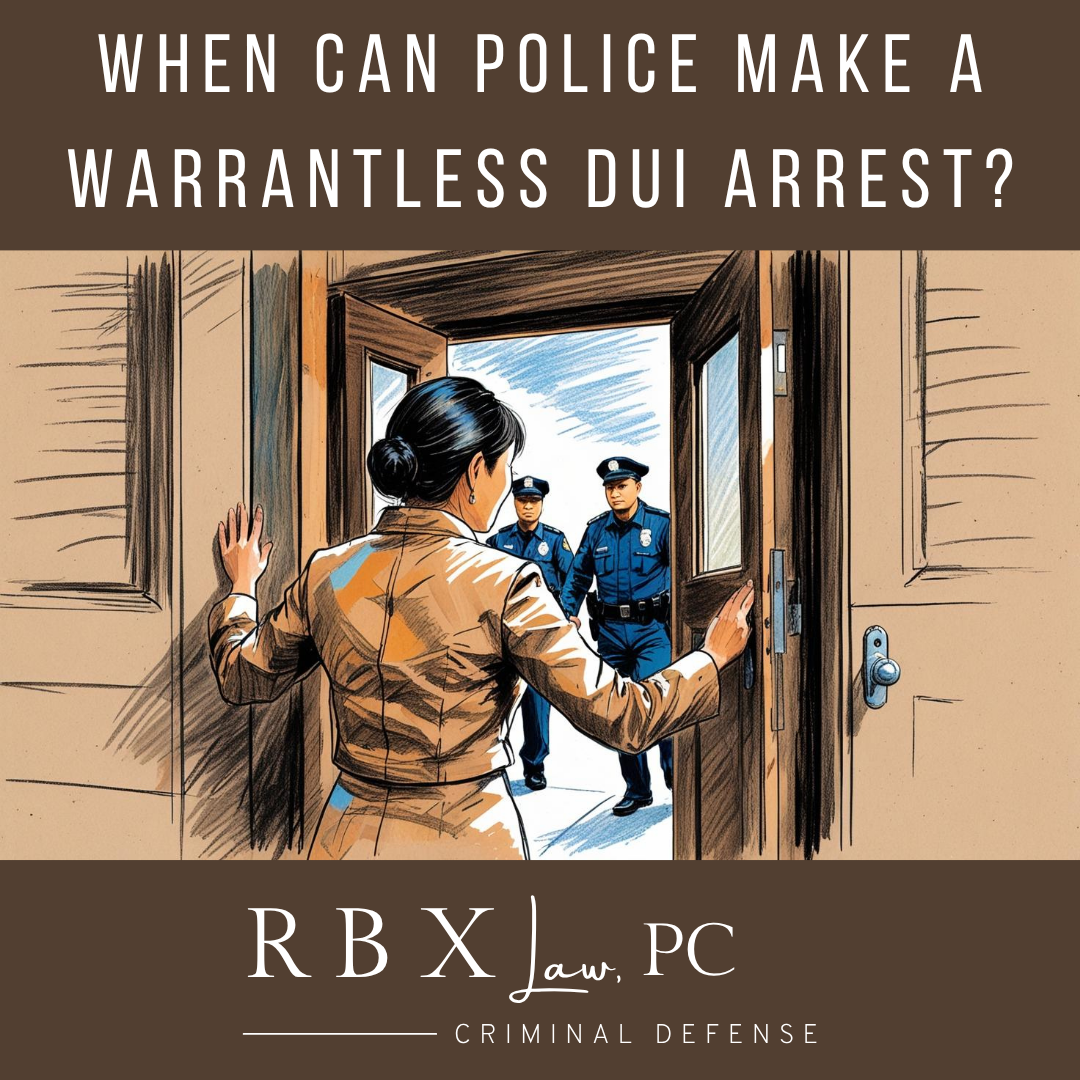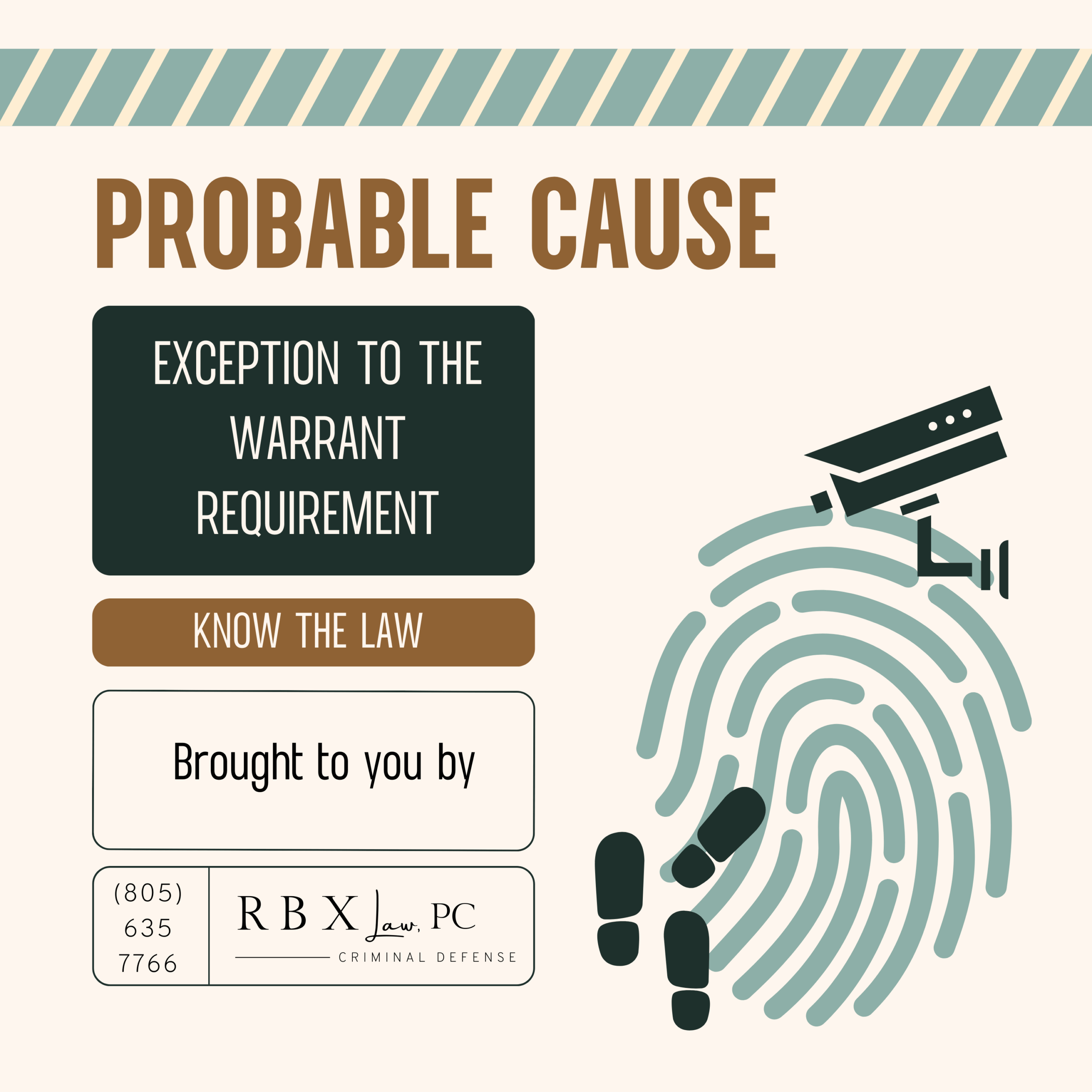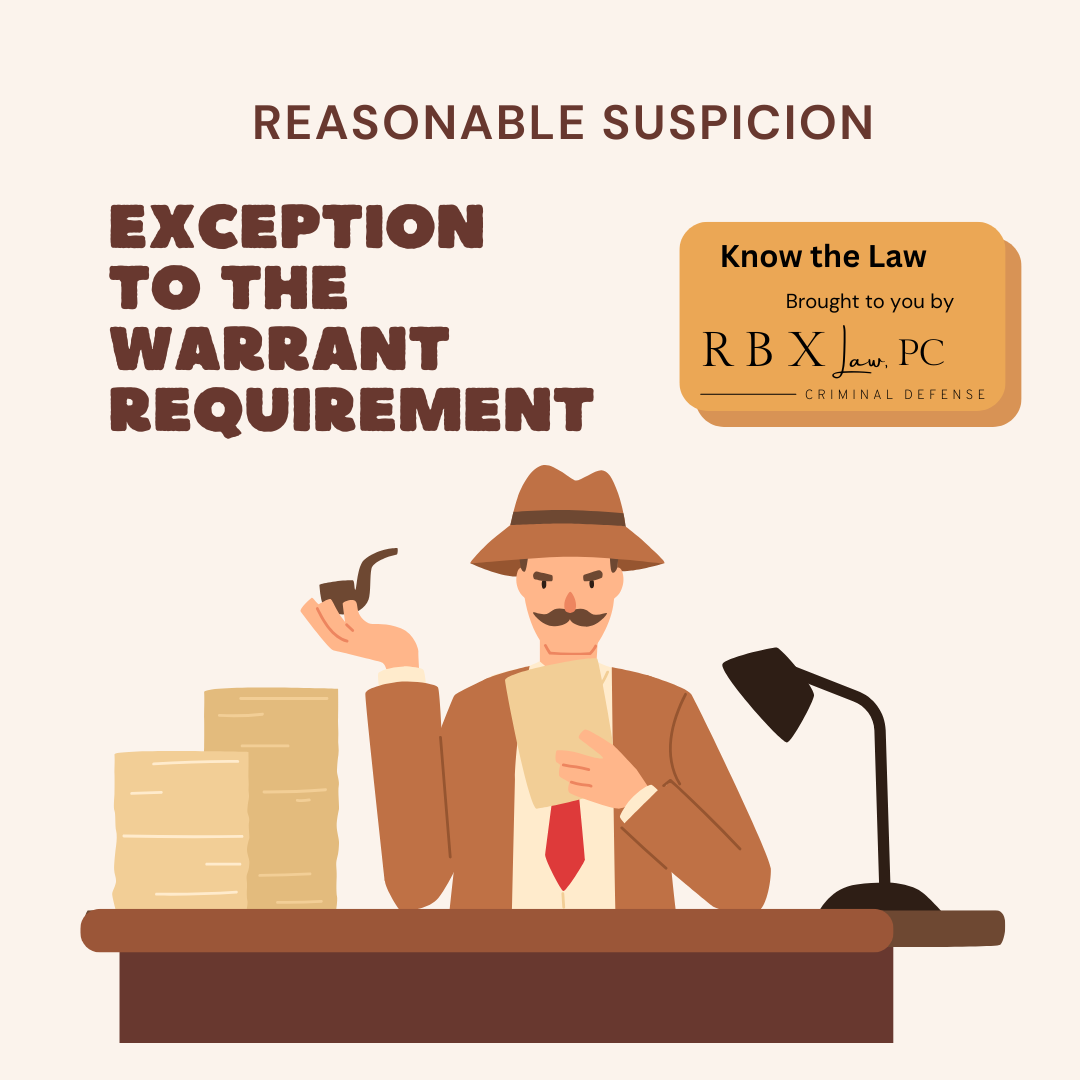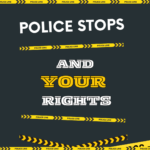Can police make a warrantless DUI arrest if they did not observe the suspect driving?
Yes. Police can make a warrantless DUI arrest even if they did not observe the suspect driving.
Observation of Crime Usually Required
Generally, police must observe a crime before they can make a warrantless arrest. (see Penal Code § 836) However, a peace officer with probable cause could arrest a person for misdemeanor driving under the influence of alcohol or drugs not committed in the officer’s presence where evidence could be destroyed unless the person was immediately arrested.
Observation of Driving Not Required for Warrantless DUI Arrest
Vehicle Code § 40300.5(e) created an exception to the presence requirement of Pen C § 836, because evidence could be destroyed by the simple passage of time unless the person was immediately arrested. However, this does not authorize a peace officer to forcibly enter a residence to effect such an arrest. People v. Schofield (Cal. App. 2d Dist. 2001), 90 Cal. App. 4th 968.
Police can also make a warrantless arrest if:
- The driver is involved in a traffic crash.
- The driver is observed in or about a vehicle that is obstructing a roadway.
- The driver will not be apprehended unless immediately arrested.
- The driver may cause injury to themselves or damage property unless immediately arrested.
Specific Examples
In Shaffer v. Department of Motor Vehicles, the warrantless DUI arrest of the driver was valid even though the arresting officer did not see plaintiff drive. In that case, a citizen complained and the officer observed visible paint transfer on the driver’s car and that the driver was intoxicated to the point of incompetence. The 1st District Appellate Court ruled that under Vehicle Code § 40300.5, when there has been a traffic accident, an officer having probable cause to believe that an involved driver “had been driving while under the influence of intoxicating liquor…” may make an arrest without a warrant.
Similarly, in People v. Burton, 219 Cal. App. 4th Supp. 9, the warrantless arrest for misdemeanor driving under the influence was proper where a civilian witness observed defendant driving erratically and an officer then located defendant standing near his truck, noticed signs of intoxication, and confirmed that he had been driving the truck.
If Police arrested you for DUI but did not observe you drive, contact RBX Law to discuss your case!






